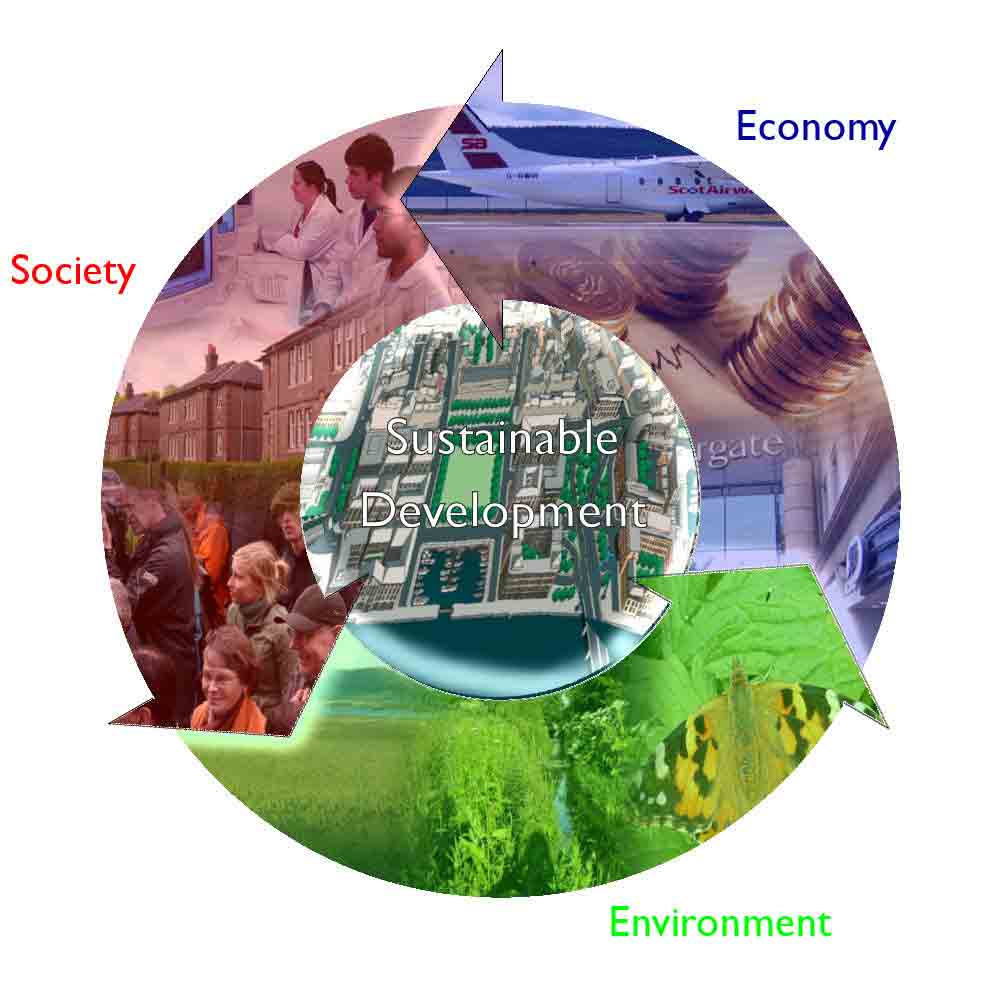Early childhood development and education is a field that requires thorough research and understanding of student learning and developmental concepts. For you to delve into this area of study and excel in it, you need digital platforms that promote high-quality education and connect people with policy, practice, and research.
Such websites are easily accessible and provide reliable information about early childhood concepts and conduct ECE advocacy through many activities and resources, including webinars, books, young children journal, teaching young children magazines, training, public policy forums, interest forums & online communities, and annual conferences.
They also create opportunities that promote professional development, allow different membership options, foster career advancement, help people pursue early childhood career, and encourage them to take action.
Let's explore different websites that accommodate early childhood education students, educators, and families, and provide valuable resources, activities, and information.
National Association for the Education of Young Children (NAEYC)
NAEYC intends to develop a diverse and dynamic ECE profession and support people who serve, educate, and work on behalf of early learners. This website offers a wealth of resources, articles, and research on early childhood education. For instance, you can access books, young children journal, teaching young children magazines, and position statements by visiting this website.
NAEYC also provides information about accreditation, professional development, annual conferences, webinars, family engagement, developmentally appropriate practices, and advocacy for young children.
People can apply for NAEYC membership to support the organization's efforts toward securing a bright future for young children, educators, and families.
PBS LearningMedia
PBS LearningMedia aims to inspire students through free teaching resources, such as lesson plans, videos, and games that adhere to state and national standards. In other words, this site offers a wide range of educational materials, including videos, games, lesson plans, and activities for early childhood education. It covers various subjects, including science, social studies, and interactive disciplines. This site provides tools, strategies, and professional development resources that educators need to learn digitally.
ReadWriteThink
Developed by the International Literacy Association (ILA) and the National Council of Teachers of English (NCTE), ReadWriteThink provides high-quality lesson plans, interactive games, and other literacy resources specifically designed for early learners. Teachers can use such materials to inform their teaching and modify their instructional strategies.
Harvard University’s Center on the Developing Child
This resource aims to foster science-based innovation that creates positive outcomes for children experiencing trauma and difficulties. It provides materials that offer a powerful source of new ideas regarding early childhood.
Teach Preschool
Teach Preschool is a website dedicated to equipping early childhood educators with ECE knowledge and skills. It offers a collection of lesson plans, activity ideas, printables, and articles about various topics relating to preschool teaching.
Edutopia
This website delves into different early childhood topics, including lesson plans, family engagement, ways to boost student learning, classroom modifications, Howard Gardner's Multiple Intelligences, and child development. Edutopia provides articles and suggests practical strategies that enable pre-k teachers to organize play, advocate for kids, and perform other activities to better serve preschoolers.
Scholastic Early Childhood Today
This platform provides scholarly resources and articles that enlighten pre-k educators. It covers topics such as classroom management, curriculum planning, child development, and professional development. Teachers can use the insights provided on this website to build a conducive classroom environment and create positive early learning experiences.
Zero to Three
Zero to Three is a nonprofit organization that explores early childhood education and childcare practices for toddlers and infants. This website offers resources, articles, and information on topics such as brain development, social-emotional learning, parenting, and early intervention. This organization sees ages zero to three as the most critical stage for improving children's mental health and well-being and exposing them to long-lasting positive connections.
ECLKC: Head Start
On this government website, you can explore resources for supporting families and fostering children's readiness for school and life. Head Start programs offer opportunities and resources that enrich early childhood leaders from different backgrounds.
Reading Rockets
This national media project shares information about research-based reading strategies, lessons, and activities tailored to help children learn and build their literacy skills. Reading Rockets publishes reading materials that enable parents, educators, and other people to nurture the literacy skills of struggling students, including language fluency, vocabulary, and comprehension.
In conclusion, the websites present informative resources and opportunities that facilitate professional development, provide tutorials, enlighten pre-k educators, speak for young children, and encourage families, communities, agencies, and other entities to act.
You can evaluate the content and suitability of the resources provided by these websites to ensure they align with your academic needs, career, and educational goals.
As an education student or professional, you can utilize these digital resources to deepen your knowledge, execute advocacy initiatives, and complete your assignments and projects.
With these websites, early childhood educators can easily learn about child development theories, obtain information for developing adaptations, and connect with other practitioners Through Advocacy Efforts, Networking Events, Conferences, Early Childhood Summits, and Leadership Opportunities.






